Pak has stepped up militancy and party leaders are at its receiving end. Govt needs to resume political engagement in the Valley
The hitback against the ruling BJP is assuming troubling proportions in Kashmir, where the local angst over the abrogation of Article 370 is now manifesting itself rather violently, uncorking itself from absolutist clampdowns. BJP leaders and sarpanches are being hunted and shot dead as each Central notification strips down the identity markers and privileges of the erstwhile State, the latest provocation being the amendment of land rules. Three BJP leaders were shot dead in Kulgam and the party’s local unit has been worried about these “revenge” attacks, fuelled in no lesser degree by cross-border terrorism. There is enough evidence to indicate that our western neighbour has consistently tried to push in militants, its infiltration attempts going up significantly despite the pandemic. Now reports say that the attack at Kulgam was carried out by Lashkar-e-Taiba militants, indicating that Pakistan — itself facing internal turmoil from a gathering pro-democracy movement and desperate to divert focus to Kashmir — is activating old networks. It is being aided by none other than China in this effort, which is miffed by our intransigence on Ladakh and clearly wants to stretch our military resources across two fronts, tire us out and drive a bargain on its terms. There have been reports of Chinese officials interfering in affairs of Pakistan-occupied Kashmir, ostensibly to protect their interests but also encourage anti-India activities. Undoubtedly, there are interventionist designs by our neighbours but it would be unwise to blame the resurgence of fury in Kashmir solely on them. For there is another disturbing trend that is worrisome, that of local militant recruitments picking up although the overall militancy graph is down because of the clampdown and stricter Army vigil. Besides, local groups are increasingly using stealth tactics, making it difficult to establish a pattern. And a civil boycott or disobedience is usually faceless and difficult to pin down. Which means that the Government, which has pushed Kashmir’s reintegration for political point-scoring, though it has not been able to get things going on the ground or demonstrate any intent to better the prospects in the Union Territory, has to get real as it is too deeply invested to withdraw. It has to deal with the vacuum, engage with people’s representatives and traditional leaders, who have so far been a filter for New Delhi, and as their incarceration has shown, are just as popular. Locking them up has only united them and made them martyrs to a cause, one that they are likely to hit the streets with, a visual of which neither the Government, nor the world, can afford to ignore. If the Modi regime decided to unsettle Kashmir, it should have been prepared for the consequences and not pre-judged compliance by force but opted for gradual co-option. Its iron fist has worsened matters and disaffected even moderates who could have been counted upon to align with the larger objectives of a merger.
Even after a year, the BJP has neither been able to raise an alternative political front nor encourage a political climate. It may have helped float the Jammu and Kashmir Apni Party (JKAP), drawing rejects from the Peoples Democratic Party (PDP) and National Conference (NC), but it lacks credibility, being purely transactional. Over 12,000 panchayat seats lie vacant as their members made it clear that any electoral process would have to be preceded by the release of jailed political leaders. The BJP has now released the bigwigs, sent a mediatory politician like Manoj Sinha as Lt Governor and is keen for local body elections. But the restoration of basic civil rights is still a long way off. Internet bans mean the students and the new economy are left out of opportunities, joblessness is at an all-time high and the local economy is going down a Rs 40,000-crore plus sinkhole. The Government should have spaced out the implementation of the new rules with some reconciliatory moves that would indicate its intention to close the trust deficit and not made its animus so apparent. Clearly, the new rules, which allow outsiders to buy non-agricultural land, have agitated many who see this as an attempt at demographic colonisation of the Muslim-majority region. Their concern is valid as even the Dogras of Hindu-dominated Jammu and Ladakhis are not too happy about their local culture and privileges being swept away under the same clause. Particularly so when the Northeastern States are allowed autonomy under the Sixth Schedule of the Constitution to protect tribal land. Many apolitical Kashmiris are wondering why, despite being a populous territory, statehood cannot be restored now as Union Territories with lesser populations are independent States. By hammering in the idea of a takeover, the Government is exposing itself to more questions on whether it intends to develop the State at all. With no perceptible stability and peace, businesses had anyway stayed away from the Valley and the pandemic has further aggravated the sectors that were at least surviving. And even if some entrepreneurs are keen to be self-starters, militant threats keep them away. The core sectors of Kashmir’s economy, particularly agriculture driven by the apple trade, are on a downward spiral. The Government would be unwise to interpret protest fatigue as calm. And as PDP leader Mehbooba Mufti’s aggressiveness or the Gupkar declaration shows, there is a hardening of political will among local parties. The rigidity of the Government is only proving to be counter-productive. Pakistan is anyway waiting to feed off this discontent but if the Government is so confident of its move, then it should have the gumption to allow the venting of dissent and some semblance of democracy. The denial of a problem isn’t convincing anybody anymore.
(Courtesy: The Pioneer)







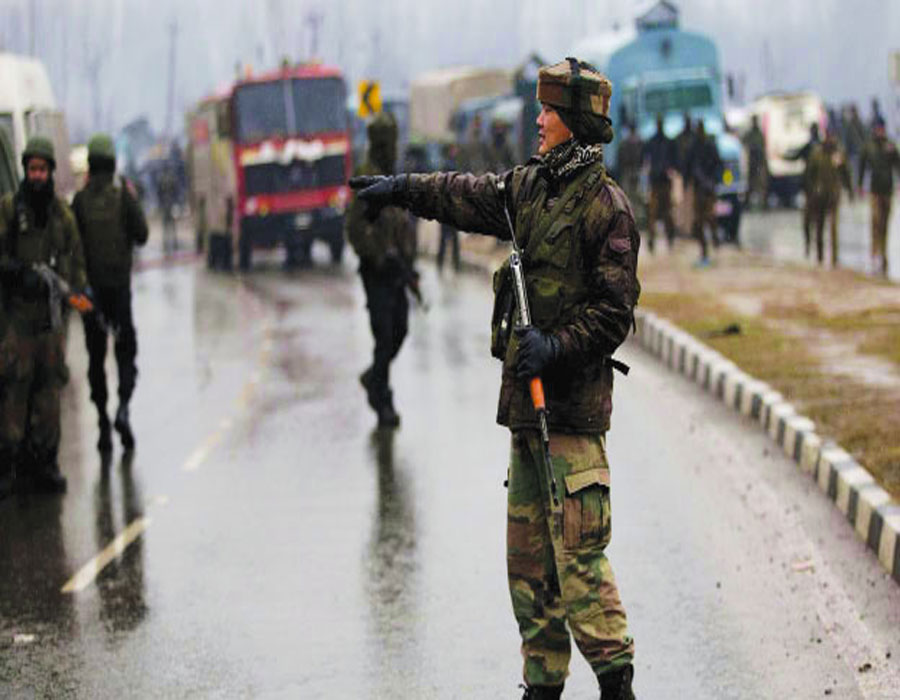
 OpinionExpress.In
OpinionExpress.In


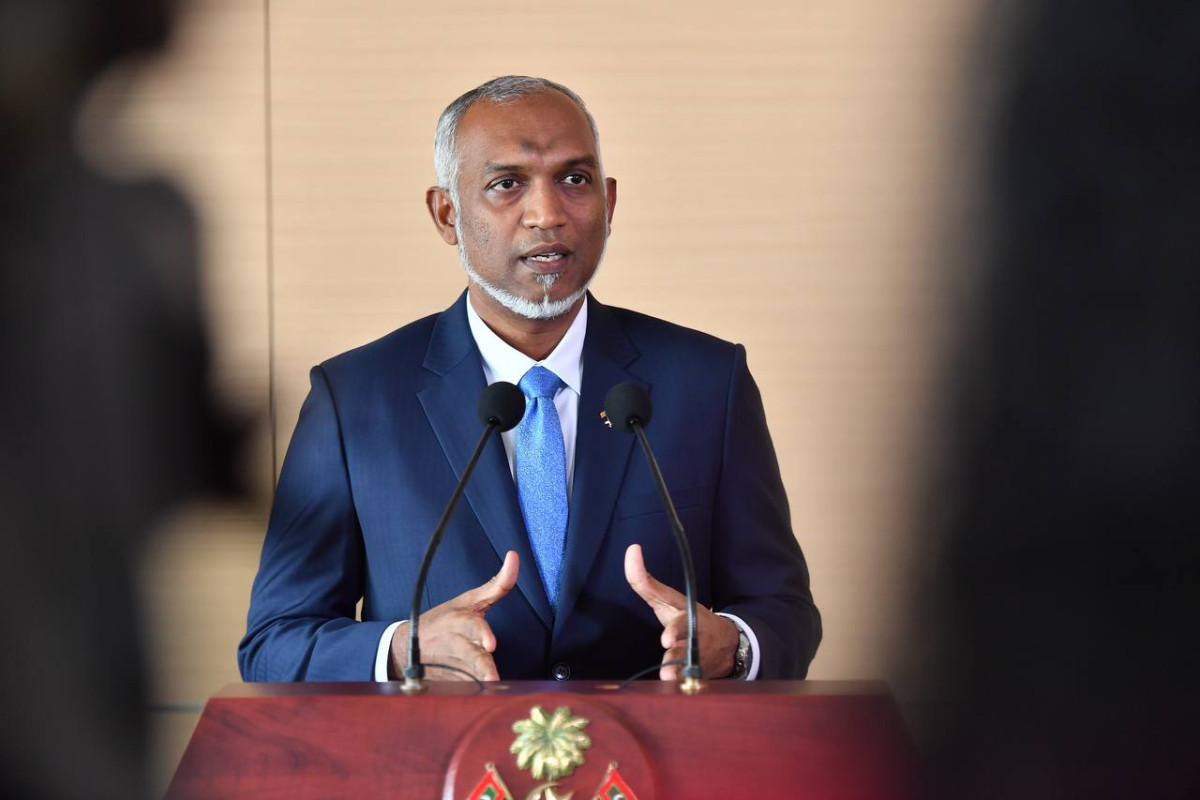
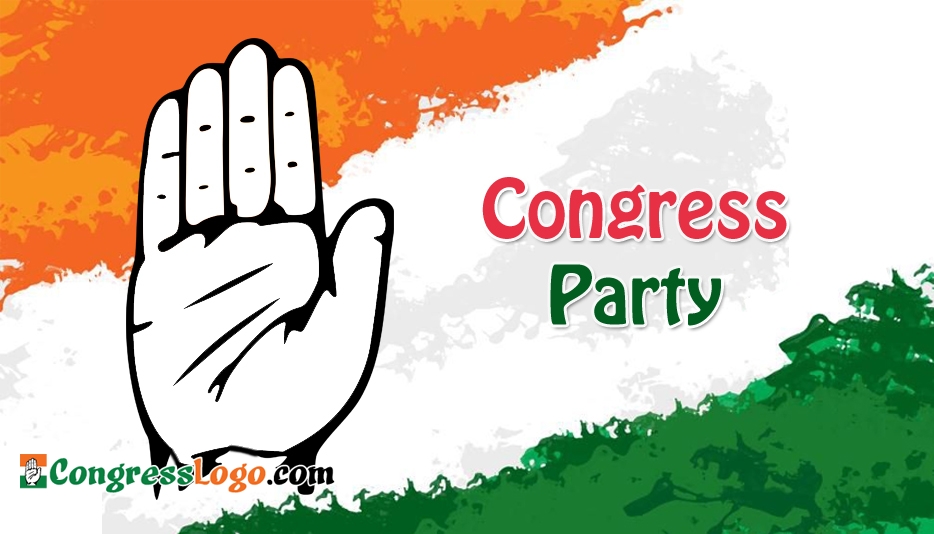
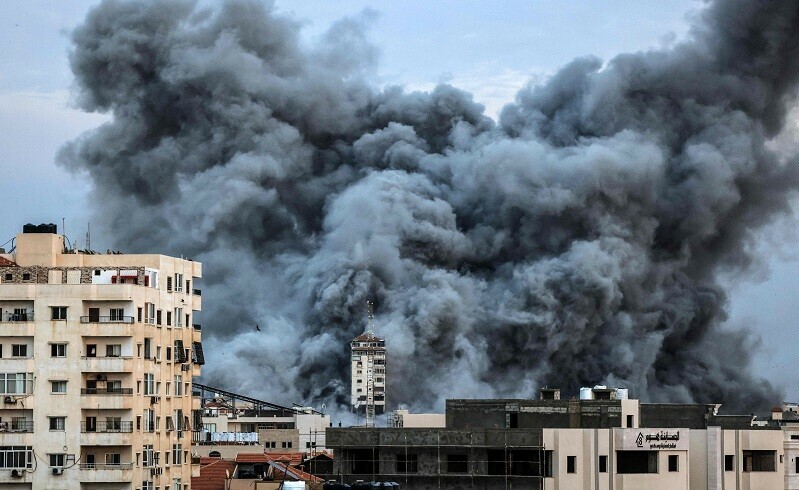

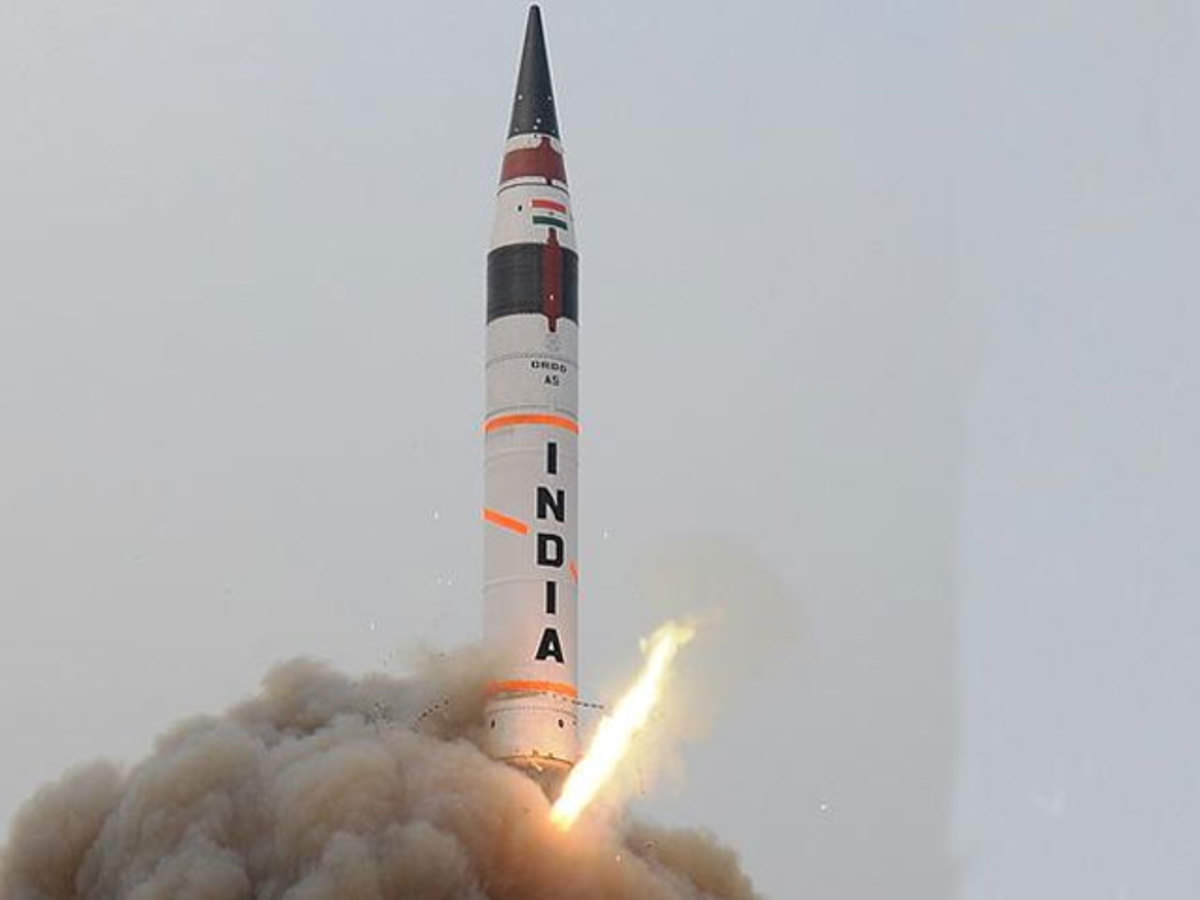
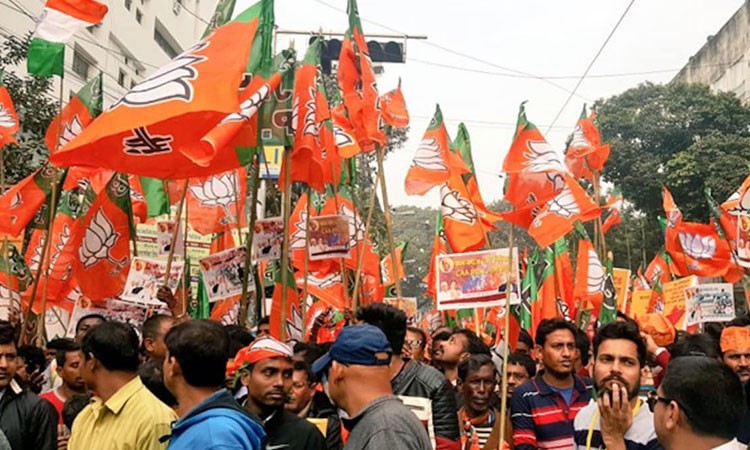







Comments (0)